Choosing the Right Marine GPS System for Navigation and Positioning
Introduction: Importance of Marine GPS Systems
Navigating the open waters can be both exhilarating and challenging, especially when venturing into unfamiliar territories or facing adverse weather conditions. In such situations, having a reliable marine GPS (Global Positioning System) system is essential for ensuring accurate navigation, precise positioning, and overall safety on the water. In this article, we’ll explore the factors to consider when choosing the right marine GPS system to meet your navigation and positioning needs.
Overview of Navigation and Positioning Needs
Marine GPS systems serve as invaluable tools for boaters, providing real-time positioning information, route planning capabilities, and navigation assistance. Whether cruising along coastal waters, navigating through busy harbors, or embarking on offshore voyages, boaters rely on GPS systems to maintain course, avoid hazards, and reach their destinations safely. Additionally, marine GPS systems offer features such as waypoint marking, chart plotting, and AIS (Automatic Identification System) integration, further enhancing navigational capabilities on the water.
Types of Marine GPS Systems
When it comes to marine GPS systems, boaters have a choice between handheld and fixed-mount units, each offering unique advantages depending on the intended use and preferences.
- Handheld GPS Units: Portable and versatile, handheld GPS units are ideal for small vessels, kayaks, or recreational boating activities. They offer flexibility in usage, allowing boaters to carry them ashore or use them in multiple vessels.
- Fixed-Mount GPS Units: Fixed-mount GPS units are permanently installed on the boat’s dashboard or helm station. They typically offer larger screens, more advanced features, and seamless integration with other onboard electronics, making them suitable for larger vessels and professional maritime applications.
Key Features to Consider
When selecting a marine GPS system, several key features should be taken into account to ensure optimal performance and usability:
- Accuracy: Look for GPS systems with high-accuracy receivers capable of providing precise positioning data, even in challenging environments such as narrow channels or dense urban areas.
- Display Type: Consider the size, resolution, and readability of the display screen, especially in bright sunlight or low-light conditions. Touchscreen displays offer intuitive navigation, while button-operated interfaces may be preferable for use in wet or rough conditions.
- Connectivity Options: Evaluate the connectivity options offered by the GPS system, including compatibility with external sensors, chartplotter integration, and wireless connectivity for data sharing and software updates.
Factors Influencing Choice
Several factors may influence the choice of a marine GPS system, including:
- Budget: Determine your budget and prioritize features based on your navigation requirements and financial constraints.
- Vessel Size: Consider the size and type of vessel you own or operate, as well as the available space for mounting the GPS unit.
- Intended Use: Assess your intended use of the GPS system, whether for recreational cruising, fishing, sailing, or professional maritime activities, and select a system tailored to your specific needs.
Popular Marine GPS Brands
Some of the leading brands in the marine GPS industry include Garmin, Raymarine, Simrad, Lowrance, and Furuno. These reputable manufacturers offer a wide range of GPS systems catering to various budgets, preferences, and navigation requirements.
Installation and Maintenance Tips
Proper installation and maintenance are essential for ensuring the optimal performance and longevity of your marine GPS system:
- Mounting: Follow manufacturer guidelines for mounting the GPS unit in a location that provides a clear view of the sky and minimizes obstructions to satellite signals.
- Software Updates: Regularly update the GPS system’s firmware and navigation charts to ensure accuracy and compatibility with the latest data and features.
Conclusion: Importance of Choosing the Right System
In conclusion, selecting the right marine GPS system is crucial for safe and efficient navigation on the water. By considering factors such as accuracy, display type, connectivity options, budget, vessel size, and intended use, boaters can choose a GPS system that meets their navigation needs and enhances their overall boating experience. Whether cruising along coastal waters or embarking on offshore voyages, a reliable marine GPS system is an indispensable companion for navigating with confidence and peace of mind on the open seas.

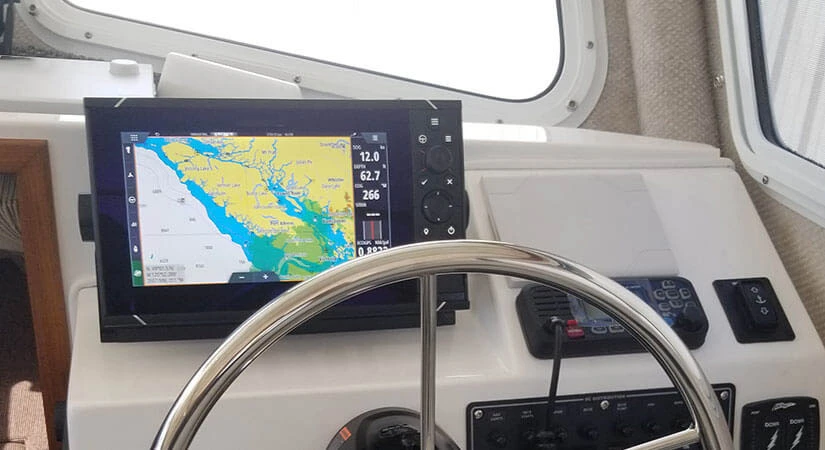
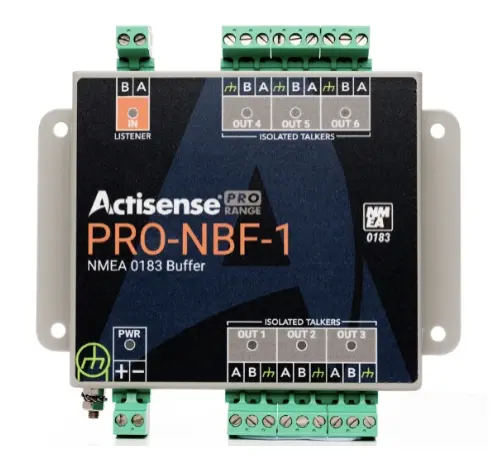
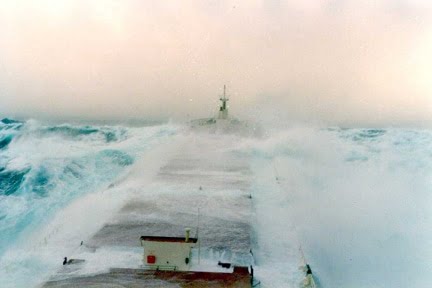
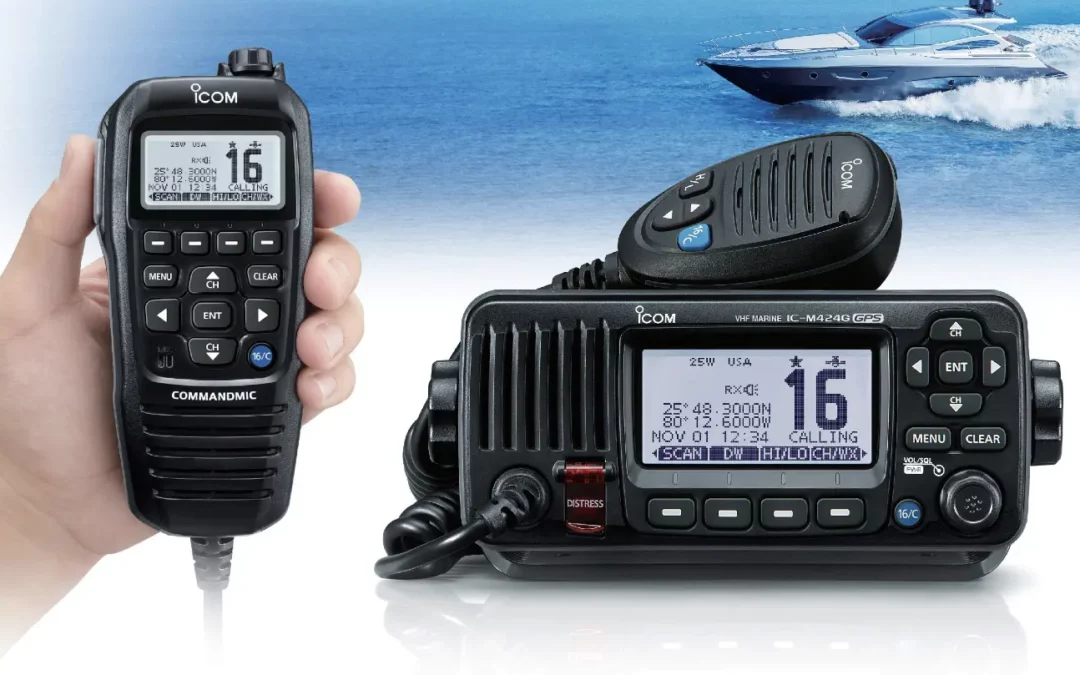
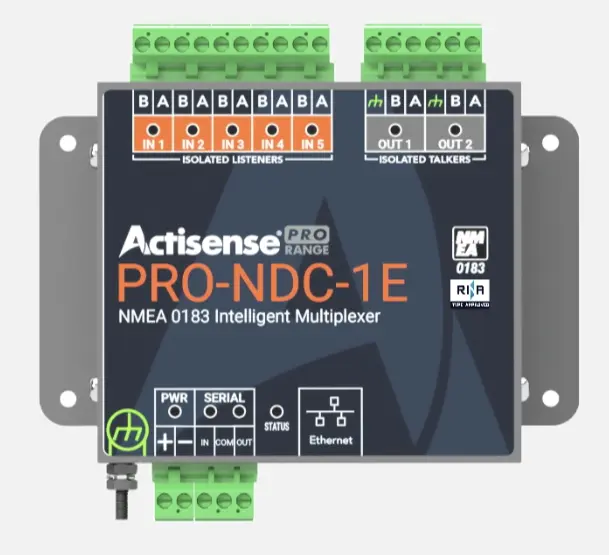
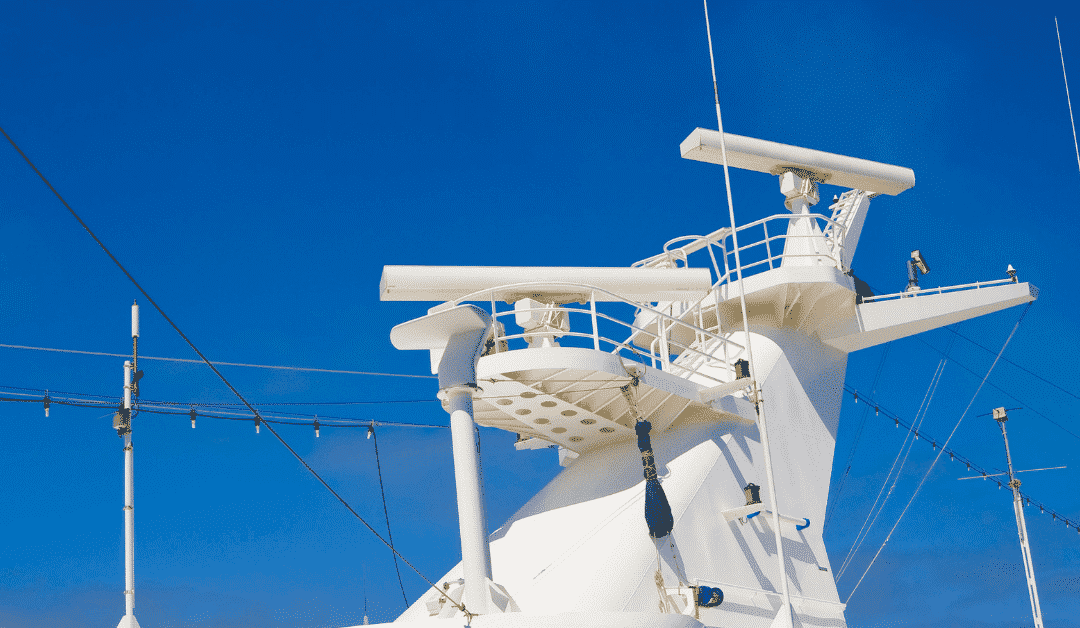
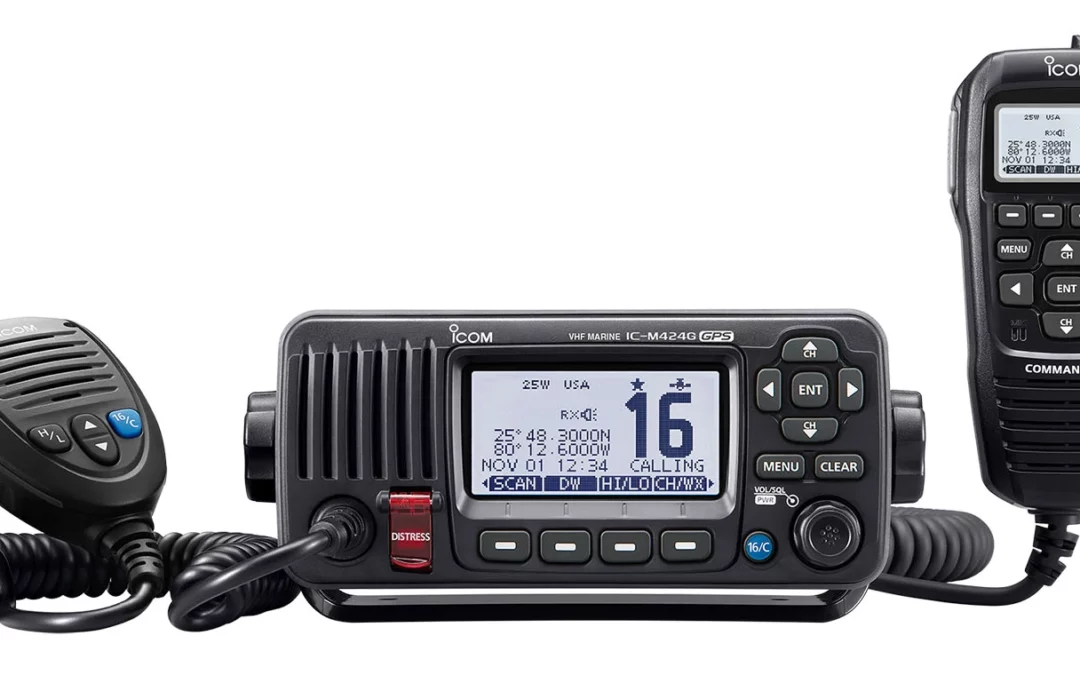
0 Comments